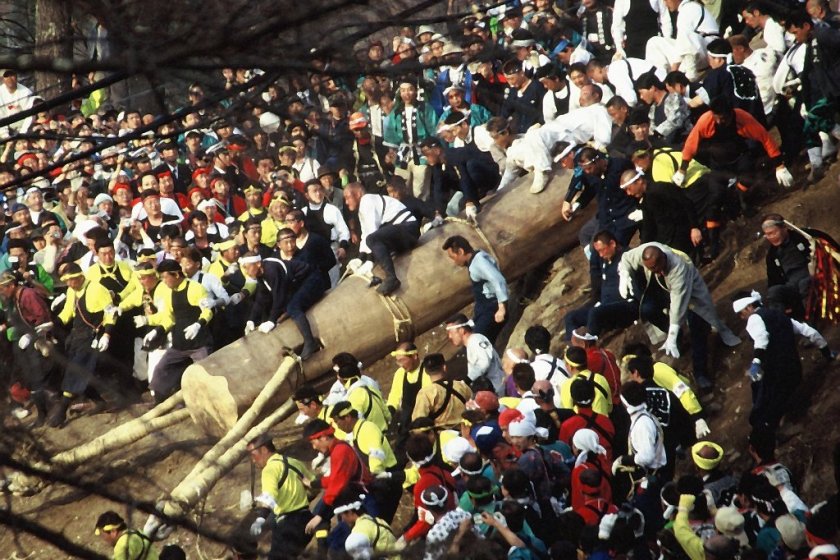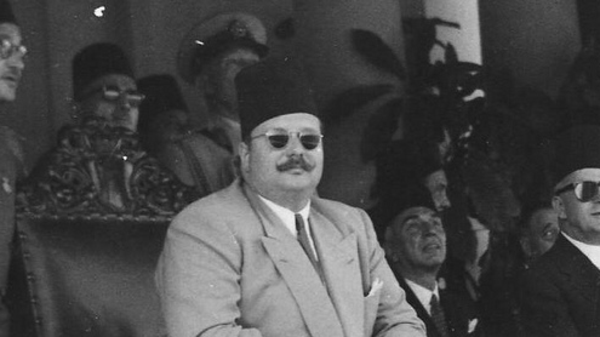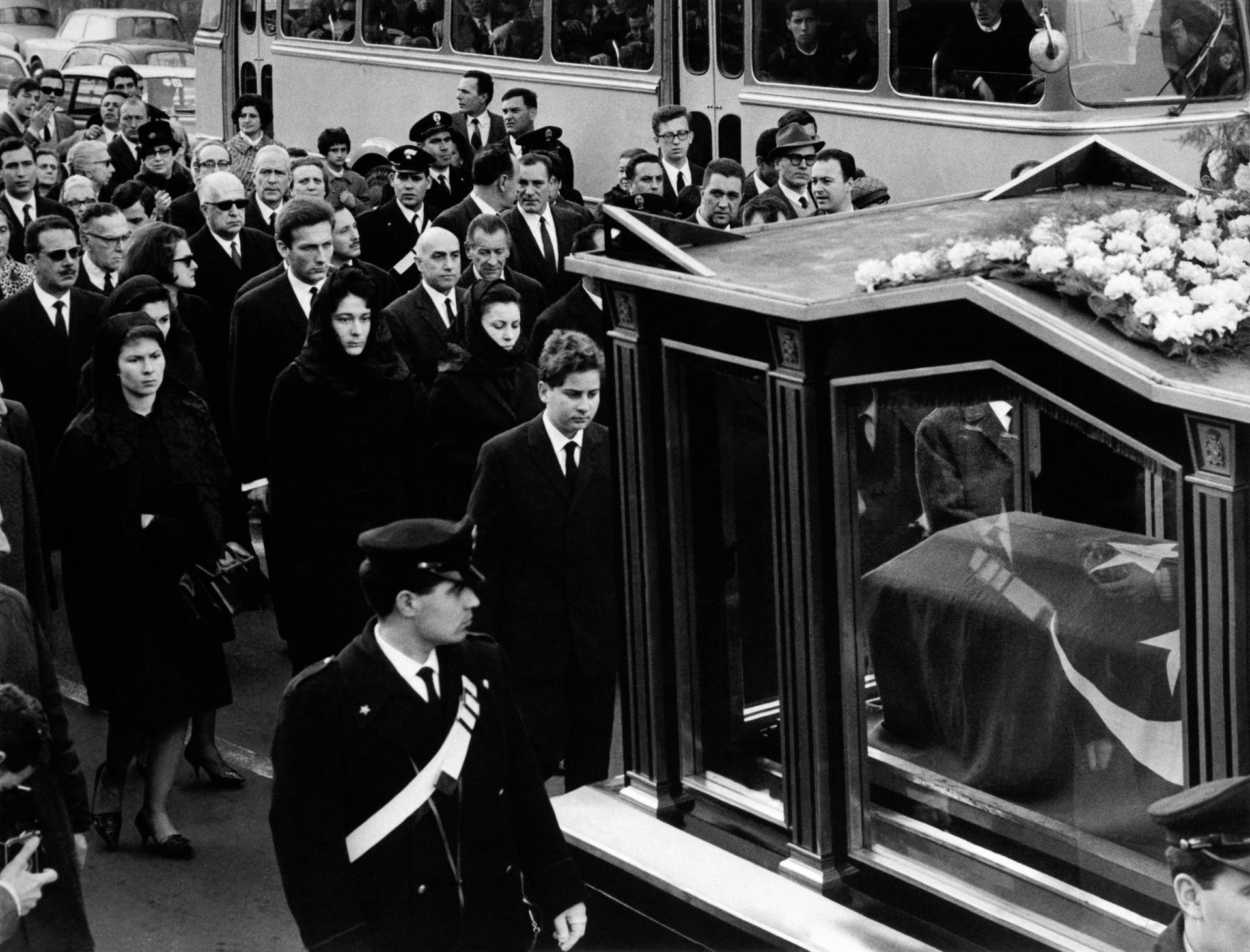The Last King Of Egypt
King Farouk
1. Birth and Early Life: King Farouk was born on February 11, 1920, in Cairo, Egypt. He was the eldest son of King Fuad I and Queen Nazli Sabri. 2. Ascension to the Throne: Farouk became king at the age of 16 after the death of his father, King Fuad I, on April 28, 1936. He was officially crowned on July 6, 1937. 3. Reign and Policies: During his reign, King Farouk faced various challenges, including political instability, economic struggles, and conflicts with neighboring countries. He struggled to maintain control and implement effective policies to address these issues. 4. World War II: Egypt's involvement in World War II significantly impacted Farouk's reign. Initially, Egypt declared neutrality, but after the fall of France in 1940, Farouk aligned Egypt with the Allies. However, his policies were often criticized for being indecisive and lacking strategic planning. 5. Political Turmoil: Farouk's reign was marked by political unrest and dissatisfaction among the Egyptian people. The monarchy was seen as corrupt and disconnected from the needs of the population. Opposition groups, such as the Muslim Brotherhood and the Free Officers Movement, gained momentum during this time. 6. Overthrow and Exile: On July 23, 1952, a military coup led by the Free Officers Movement, headed by Gamal Abdel Nasser, toppled King Farouk's regime. Farouk abdicated the throne in favor of his infant son, Ahmed Fuad II, and went into exile in Italy.
7. Life in Exile: After leaving Egypt, Farouk lived a lavish lifestyle in Europe. He spent time in Italy, Monaco, and Switzerland, indulging in his hobbies of gambling, collecting rare coins and stamps, and enjoying luxurious parties. 8. Death: King Farouk died on March 18, 1965, at the age of 45, in Rome, Italy. His body was initially buried in Rome but was later repatriated to Egypt in 2013 and interred in the Al-Rifa'i Mosque in Cairo. 9. Legacy: King Farouk's reign is often remembered as a period of decline for the Egyptian monarchy. His lavish lifestyle and perceived indifference to the struggles of the Egyptian people contributed to the growing discontent that ultimately led to his overthrow. 10. Cultural Impact: Despite his controversial reign, King Farouk remains a significant figure in Egyptian history. He is often depicted in popular culture, including films and literature, and his story continues to be a subject of fascination and interest.
The Most Dangerous Festival
Ombashira
1. Purpose: The Ombashira festival is held to renew the four shrines of the Suwa Grand Shrine, which are dedicated to the gods of agriculture, water, and war. The festival aims to ensure the stability and prosperity of the region. 2. Duration: The festival lasts for approximately one month, with various rituals and ceremonies taking place throughout the period. 3. Preparation: The festival requires extensive preparation, starting several years in advance. The key highlight of the festival is the r...


